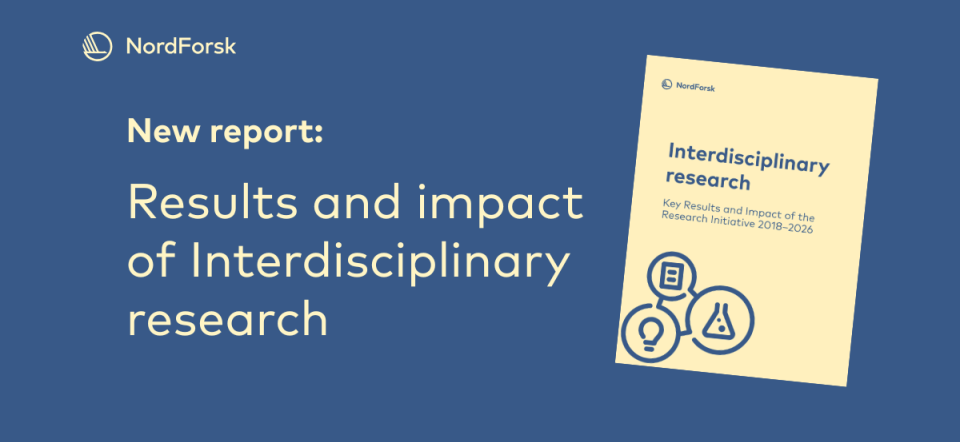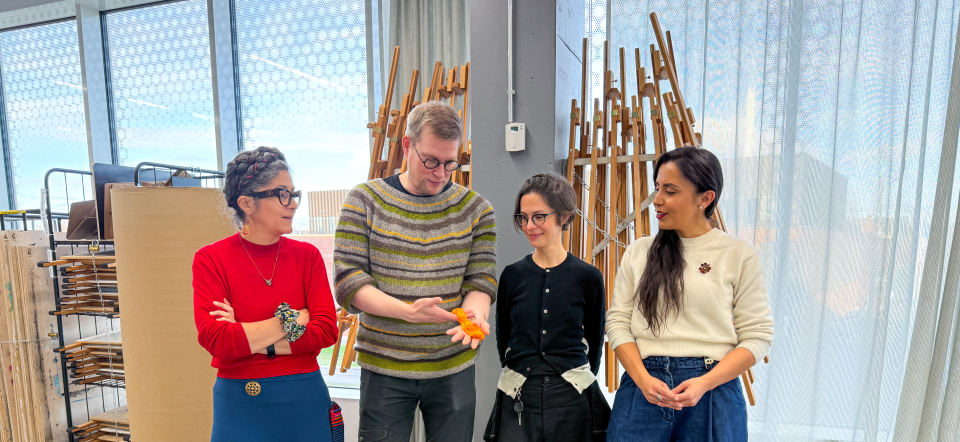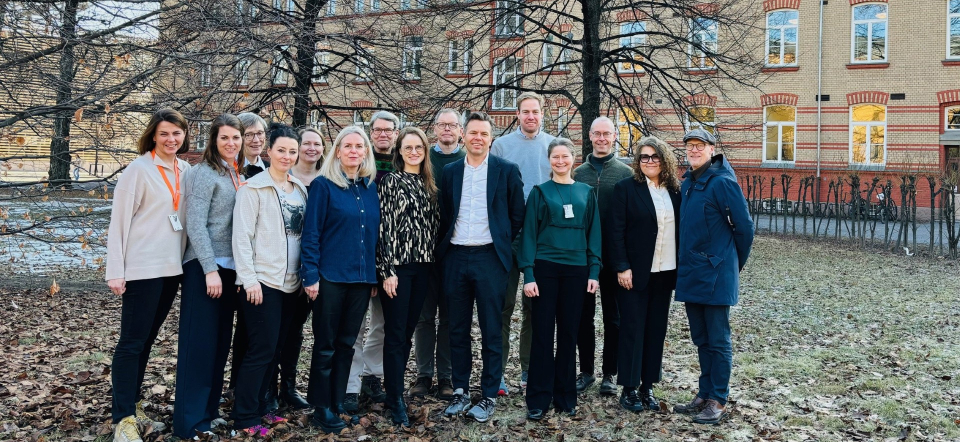
News
Topics
A competitive Nordic region
A green Nordic region
A socially sustainable Nordic region
Agriculture
Aquaculture
Arctic
Artificial Intelligence
Bioeconomy
Children and young people
Cooperation and network
Digitalisation
Disruptive technology
e-Infrastructure
Education
Forest
Gender
Green Growth
Green transition
Health and welfare
Indigenous
Interdisciplinary
Migration and integration
Neutron
Nordics and Russia
Research impact
Societal security
Sustainable fisheries
Urban
Working life










